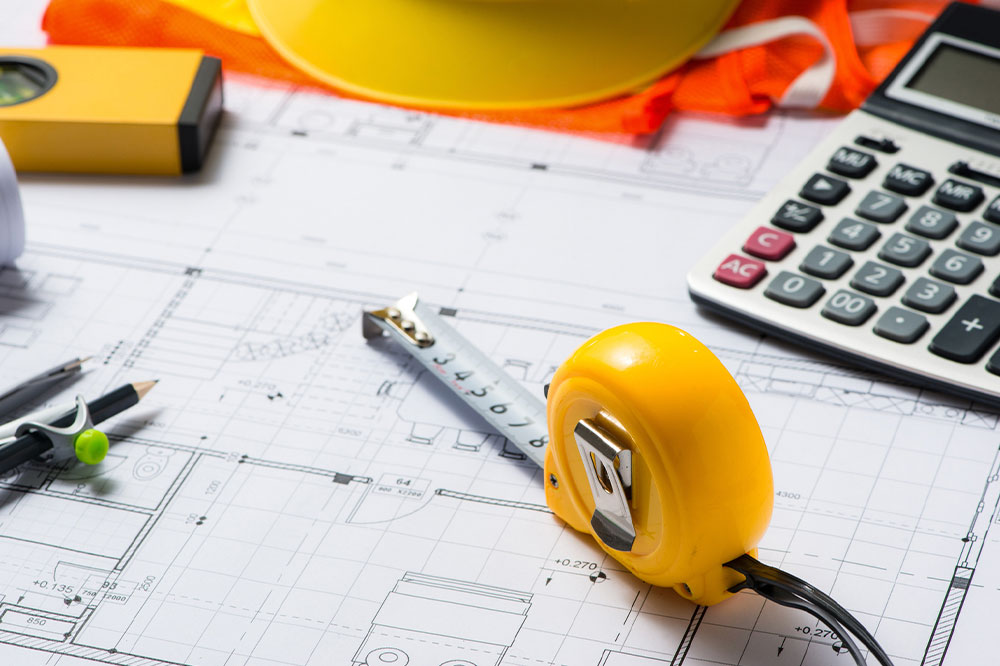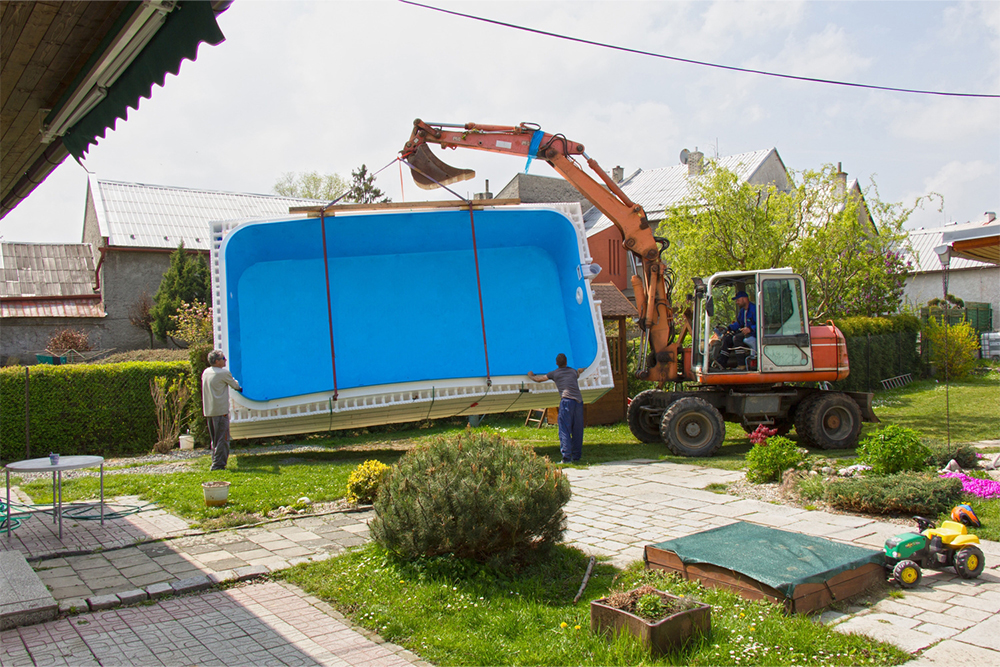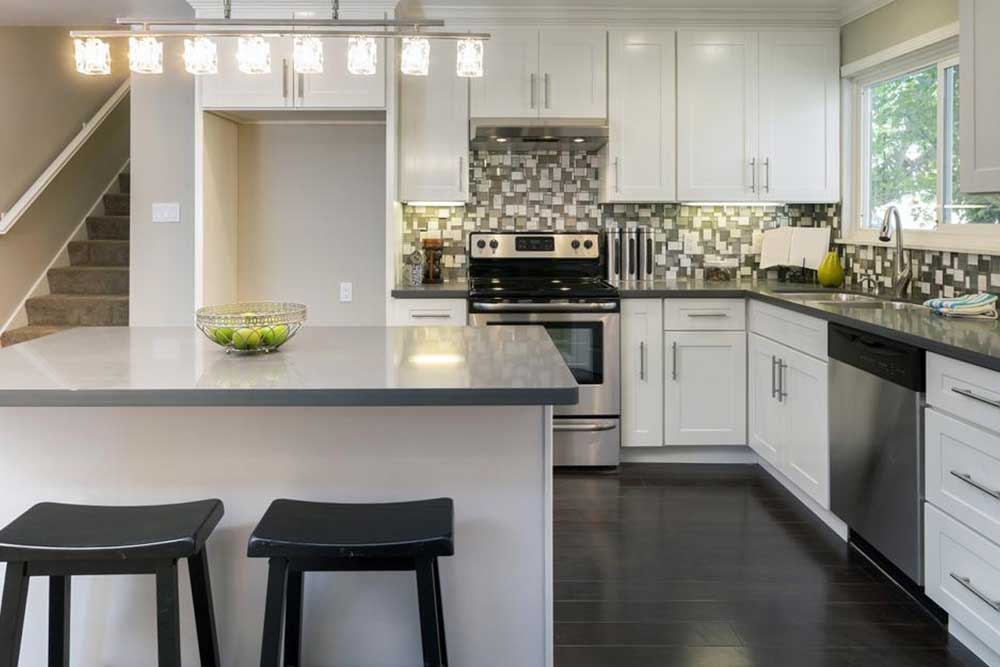Comprehensive Guide to Estimating Building Project Expenses
This guide provides essential insights into estimating construction costs, covering key factors like location, materials, labor, and regulations. It offers practical tips for accurate budgeting and cost management to ensure project success and financial stability.

Comprehensive Guide to Estimating Building Project Expenses
Calculating construction costs involves evaluating all necessary resources for completing a structure, including contractor fees, raw materials, labor, equipment rentals, and transportation. After finalizing the design, estimating the anticipated costs is a crucial step. Many professionals rely on specialized software or tools to facilitate this process. Precise budgeting is essential for project kickoff and financial planning, making thorough preparation vital regardless of the estimation method used.
Key Factors Affecting Construction Costs
Several elements influence the total expenses of a commercial or residential build. Cost per square foot varies based on location, material quality, and labor conditions. The project's size and the quality of finishes also significantly impact overall costs.
Important aspects to consider include:
Economic Influences: Interest rates and inflation levels can raise building and material costs. Higher rates often result in increased wages and material expenses, affecting budgeting.
Project Size and Scope: More extensive projects require more materials and labor, often increasing costs and extending timelines.
Material Selection Choosing high-end or custom materials can substantially raise costs per square foot.
For example, premium finishes and rare materials will elevate overall costs.
Labor Expenses: Labor costs differ regionally; areas with strong union presence tend to have higher wages, impacting total expenses.
Regulatory Costs: Building codes, permits, and compliance requirements can add to expenses. Ensuring adherence may require additional resources, increasing the budget.
Typical Construction Costs in the U.S.
Average expenses for residential building projects are around $330,000. Costs can range from $100,000 for basic rural homes up to over $1 million for luxury urban residences. The median price for new single-family homes is approximately $446,000. Always obtain multiple quotes and do thorough research before starting, as costs vary based on various factors.
Practical Tips for Cost Estimation
Accurate estimation requires considering multiple variables. Use these tips to improve your budgeting:
Seasonal Changes: Construction costs tend to fluctuate seasonally; in economic booms and low unemployment periods, labor prices typically increase. Also, account for heating or climate control costs during colder months.
Additional Expenses to Budget For: Plan for potential extra costs, such as:
Site Preparation Land clearing, obstacle removal, or grading may add to costs.
Permitting and Fees Obtaining permits for utilities, zoning, and occupancy can increase expenses.
Select a Trustworthy Contractor: Work with an experienced builder to ensure quality, timely completion, and budget compliance.
Use Pre-Designed Plans: Leveraging existing designs can reduce decision-making time and costs, with some customization options.
Control Cost Overruns: Limit design modifications during construction. Reputable builders can help predict and manage potential changes to stay within budget.
Accurate initial estimates help avoid unexpected expenses, ensuring your project remains financially sustainable. Thorough understanding of all requirements and potential hidden costs is essential for successful budgeting.


